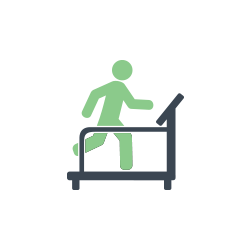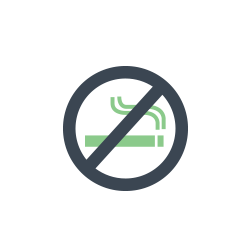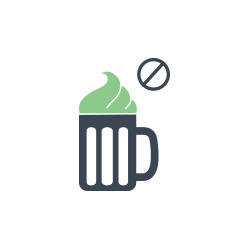Your role in your preparation
The role of your Anaesthetist
People often think of anaesthesia as being put to sleep or ‘knocked out’. This is not strictly true. Instead, an anaesthetist puts you into a state of carefully controlled unconsciousness, so that your surgery will be painless and not remembered. Anaesthetists and airline pilots are often compared when discussing human factors and safety. Both professions continuously train to solve a problem if it occurs, even though the chance of that problem occurring is rare.
Anaesthesia is not a period of chance. Your Anaesthetist will carefully and constantly monitor all your bodily functions during your operation, and afterwards, to make sure your recovery is as smooth and pain-free as possible.
Your role
There are some things you can do which make your anaesthetic safer.

Get a little fitter
Regular walking is a good start

Don’t smoke
Ideally, give it away six weeks or more before surgery

Drink less alcohol
Alcohol may alter the effect of the anaesthetic drugs. Do not drink any alcohol 24 hours before surgery.
Please also fill in the pre-operative questionnaire and request a quote for your procedure.
Medications
In most instances you should continue to take any medications which have been prescribed for you, with a sip of water, regardless of whether you are fasting, but remember to let your Anaesthetist and surgeon know. This is particularly important for those patients taking heart medications and blood pressure medications.
Diabetes
If you are a diabetic, discuss a plan for managing your diabetes with your Anaesthetist prior to surgery.
Blood thinning medications
Sometimes surgeons will ask you to stop aspirin and other blood thinning agents (clopidogrel, dabigatran, rivaroxaban or warfarin). However, it is sometimes important (eg. in those with stents and artificial heart valves) to continue these medications or substitute with another medication. Please continue to take these medicines until you have discussed this with your Anaesthetist, who may in some instances have to discuss your case with your GP and cardiologist.
Herbal medications
If you are taking any herbal medications including fish oils please stop these 7-10 days prior to your surgery. This is to ensure there is not interaction with anaesthetic drugs or unexplained bleeding issues during surgery.
Past Medical History and Health Issues
Your GP’s health summary and any specialist reports will have information that is very helpful in individualising your anaesthetic plan. Please bring these with you if possible.
If you have any kind of health problem please tell your anaesthetist as early as possible before your operation. You may be required to see your anaesthetist or your specialist prior to your operation.
Your anaesthetist will be interested in your history of:
- Heart disease
- Lung disease such as severe asthma or emphysema
- Kidney disease
- Severe arthritis
- Any other conditions that you see a specialist for
